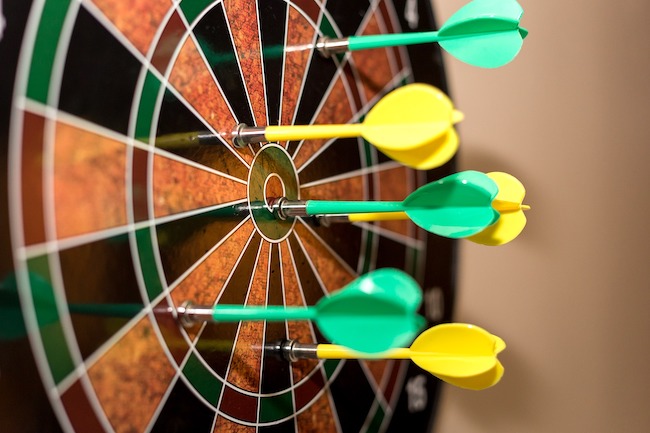When Yosef’s brothers arrived they prostrated themselves (vayishtachavu) before him. (Bereshith 42:6)
Yosef’s brothers prostrated themselves fully before him, stretching out their hands and feet, as expressed by the word “vayishtachavu.”1 If so, why do we not prostrate ourselves completely when we recite the words “va’anachnu mishtachavim” (we prostrate ourselves) in the Aleinu prayer? Are we guilty of falsehood if we do not?
Some might dismiss such a question out of hand as based on an excessive concern for detail, for in other matters we are not so punctilious. Yet when it comes to our prayers, such an attitude is indeed warranted. Since God is absolute Truth, all our prayers to Him must be absolutely true, containing not even the minutest element of falsehood.2 Even the smallest untruth when communicating with God has severe repercussions. This is hinted in the Torah verse, “From a word of falsehood, distance yourself,”3 which implies that even “from one word of falsehood” one will “distance himself” from God.4 How then can we say in our prayers that we are prostrating ourselves (mishtachavim), when in fact we are not?
Since the act of bowing is the beginning of total prostration, it is acceptable to bend slightly, as is our custom, when we say that we are mishtachavim in the Aleinu prayer.5 Moreover, there are a number of commentators who explain that the word “mishtachavim” can also refer to bowing without prostrating oneself completely. Thus we are not praying false words when we say that we are “mishtachavim,” while bending over only slightly.6
Because of the importance of absolute truth in prayers, we must be especially careful to ensure that all of the content of our prayers is one hundred percent accurate. If a person is praying for the recovery of a sick person he should make sure that he has the exact name of the sick person as well as his or her mother’s name.7 Likewise, if a person is unsure if he recited a blessing or not, if the blessing contains the phrase “You commanded us” he should not make the blessing, for to say so would be falsehood if it were actually the second time he was saying the blessing.8
Footnotes:
1 Rashi on Bereshith 42:6.
2 Rashi, Yoma 69b.
3 Shemoth 23:7.
4 Midrash Pinchath, p. 28.
5 Ben Ish Chai, Torah L’Shema 48.
6 Rambam, Avodah Zara 6:5; Yad Ramah, Sanhedrin 63, in the name of Rabbeinu Chananel; Ibn Ezra, Bereshith 23:7.
7 Responsa Gevul Yehudah, Orach Chaim 2.
8 S’dei Chemed in the section of Brachoth 2:12. The exceptions to this halachah are the blessings recited before learning Torah and after eating bread.
Text Copyright © 2008 by Rabbi Daniel Travis and Torah.org


